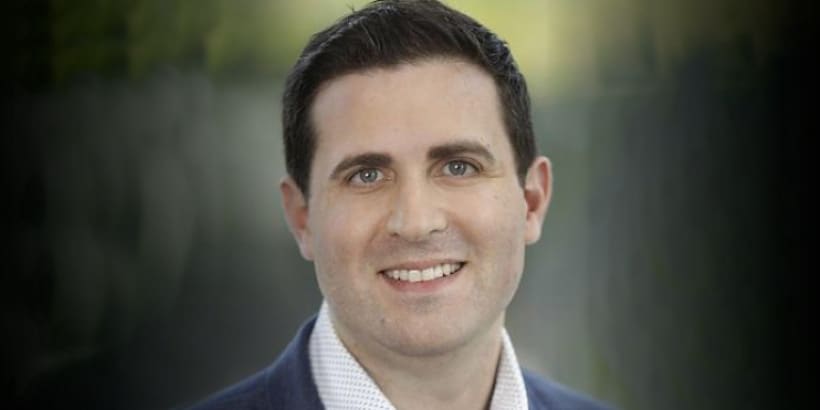
Should doctors risk their lives when responding to a disaster?
July 19, 2021
A new collective bargaining process: class exemption
July 19, 2021COLUMN
What is needed urgently is a discussion amongst our profession about the how we ensure that those who practice safely are not left out.
As the National Rural Generalist Pathway begins to gather steam, it is imperative to look at how a Rural Generalist fits into a complex system of medical education, credentialing, and Continuing Professional Development (CPD).
If we look at the Collingrove Definition of a Rural Generalist, that is, a practitioner who is predominantly a GP but with skills in emergency care and one or more advanced skill disciplines, we are then forced to ask the question – how do we prove that these clinicians are up to the job? How do we ensure that they meet the standards and ongoing professional development required to provide quality care to our rural and remote communities?
How do you, as a clinical governance professional, resolve this issue?
At first glance, one looks at this issue and thinks the solution is simple – “There’s a diploma for that!” – the last five years have seen the proliferation of diplomas from various subspecialty colleges. These include diploma qualifications in Obstetrics, Emergency Medicine, and Prehospital and Retrieval Medicine, with upcoming diploma qualifications in Anaesthesia and Psychiatry in the works. Each of these qualifications is “renewable” and comes with their own separate College membership and CPD requirements. Hospital credentialing bodies then proceed to make the diploma the “minimum” standard for practice in a given field – problem solved!
This solution sounds fantastic on paper, however underlying the concept are issues that demand and warrant attention.
The first issue is that of grandfathering: How do you address those already in practice in a particular field? This is an issue that tends to disproportionately affect early career doctors (usually 1-10 years post fellowship) who face the prospect of needing to “retrain” to do a job they are already doing safely. How do you manage those with experience and current CPD but without the piece of paper? If you throw up roadblocks in this process, a large proportion of newly minted Rural Generalists will leave or opt to retrain in non-RG specialties.
The second issue is that of CPD and fees. How many Colleges should a rural generalist maintain membership with in order to practice? How many fees should they have to pay? How many months a year must a Rural Generalist spend on CPD for multiple different organisations at a loss to the community they serve?
The “recently fellowed” Rural Generalist cohort is large, as Rural Generalist is a relatively new specialty. In a world where “time” and “case numbers” are assumed to be markers of competence, expectations around CPD and maintenance of skills dictated from and by subspecialists in the city quickly become unrealistic. This is further fuelled by unrealistic concerns from many in the city that Rural Generalists are “after their jobs” when this has not been demonstrated practically.
The end result of this is that these talented Rural Generalists opt for two pathways. Many will return to the centrepiece of Rural Medicine, which is the provision of good General Practice care. A second cohort who enjoy working in the hospital setting will opt to retrain as non-GP specialists in order to avoid the unrealistic, multiple CPD burdens associated with a Rural Generalist skillset. Both of these options are a loss to rural medicine, as these cohorts of talented and skilled doctors lose the ability to practice their full scope as a Rural Generalist. A combination of poor clinical governance practice and an obsession with silos and “Diploma” qualifications leads to them picking up their bat and ball and moving to greener pastures elsewhere.
It is important to note, despite all I have said, that the presence of Diploma qualifications is not necessarily a bad thing. The ability to prove competency objectively is important and will become more relevant as Rural Generalist Medicine matures as a specialty. The two Rural Generalist Colleges approach this problem differently, but this is not necessarily to the detriment of trainees who will enjoy greater choice as to which pathway to pursue. What is needed urgently is a discussion amongst our profession about the how we ensure that those who practice safely are not left out. It is time that we consider alternatives such as a competency-based framework as opposed to “time in an accredited subspecialty position” as the sole criteria for determining who is safe to practice.
If we fail to do this, and instead opt for a combination of misunderstanding and geographic narcissism to drive the process, we stand to lose our pioneering generations of Rural Generalists forever. We simply cannot and must not allow this to happen any longer. Rural and Remote Australia deserves better.
About the author
Dr Marco Giuseppin is chair of AMA Council of Rural Doctors (CRD) and a member of AMA Queensland Council. He is a practising Rural Generalist based in Queensland and a retrieval doctor with the Royal Flying Doctors Service.

